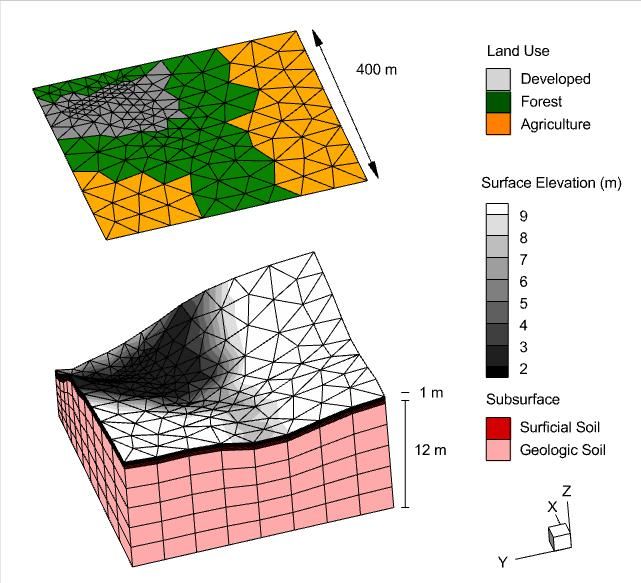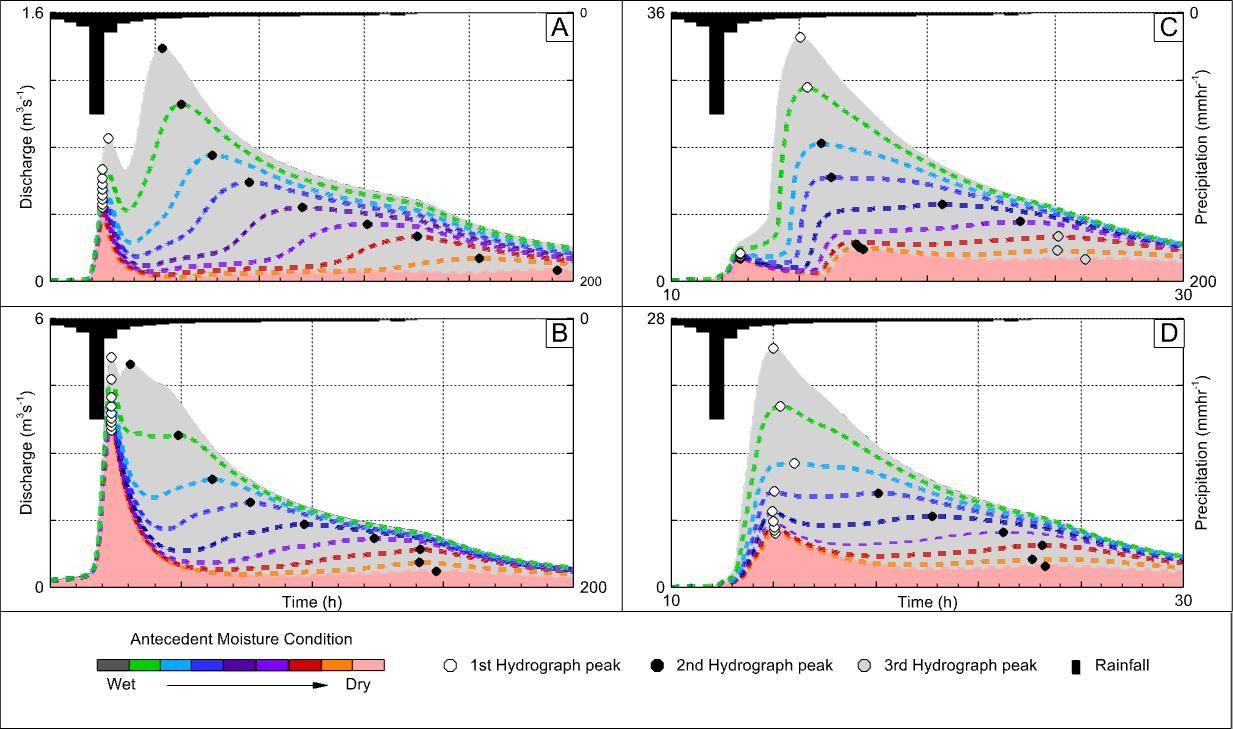HGS RESEARCH HIGHLIGHT – Characterizing the effects of dry antecedent soil moisture conditions, channel transmission losses, and variable precipitation on peak flow scaling
-
While the historic flooding in British Columbia this month can obviously be attributed to extreme rainfall, it’s also believed that the extreme heat of the summer months made soils less permeable. This means that rain is more likely to run off the land rather than being absorbed, resulting in flash floods and landslides. In this case the diminished permeability can likely be attributed to soil ‘crusting’ (wildfires disperse waxy compounds which coat soil minerals and make the top layer of soil hydrophobic). But extremely dry conditions are also known to reduce the permeability of soils, even without the compounded effects of wildfires. A recent study by researchers at HDR Engineering, Berkshire Hathaway Specialty Insurance, Iowa State University and The University of Iowa investigates this very phenomenon.
Click here to read the research highlight on our blog.

Model mesh and parameterization of surface and porous medium domains.
Discharge over a range of antecedent moisture conditions for a 5-year return period precipitation event at various locations (see web version of the article for further details).